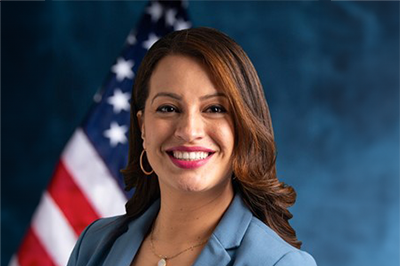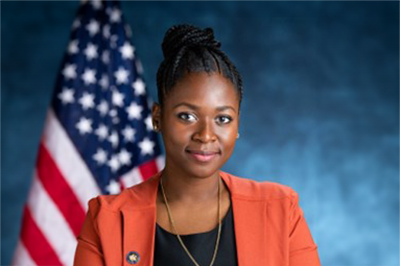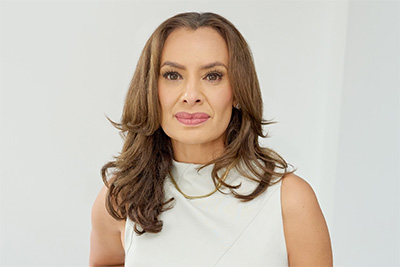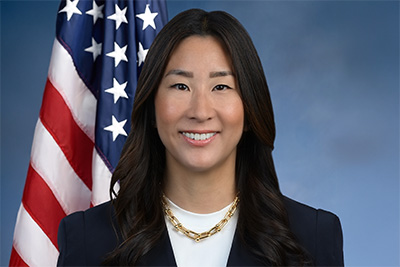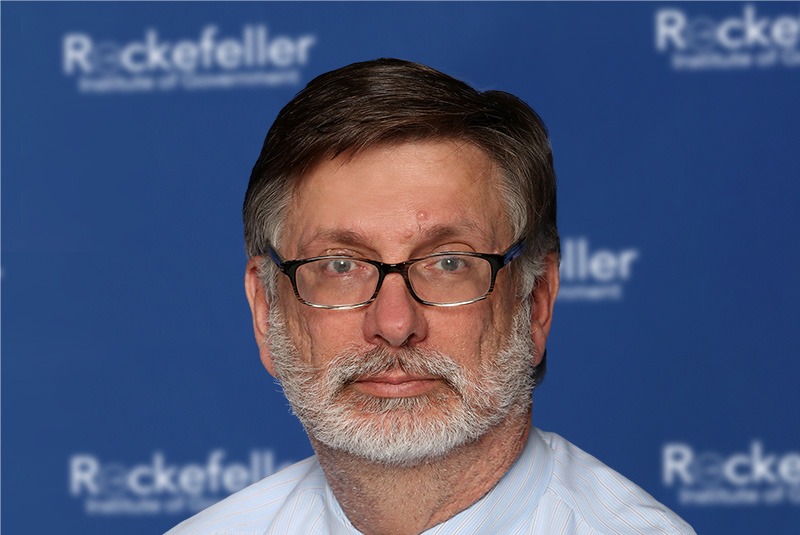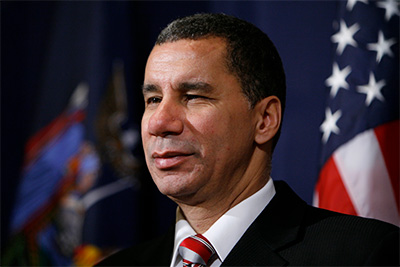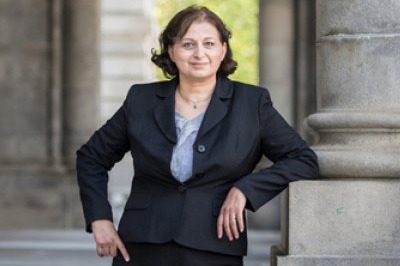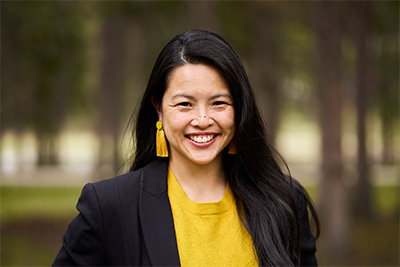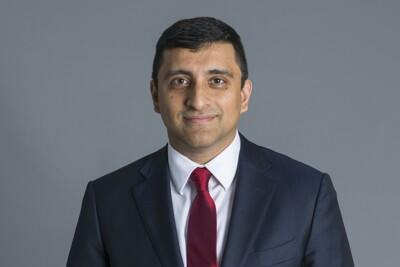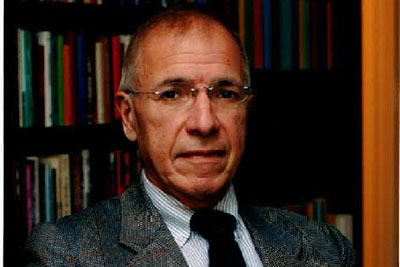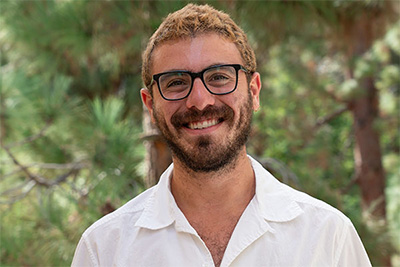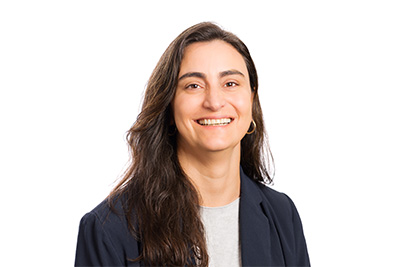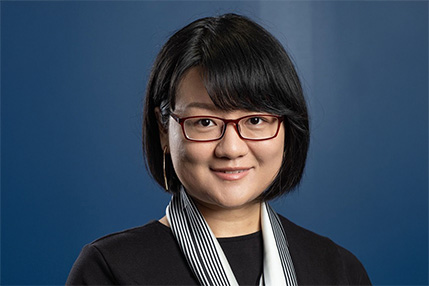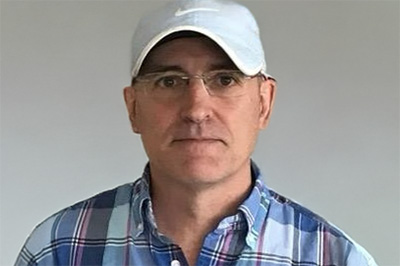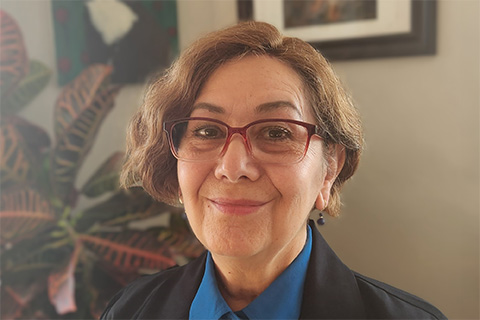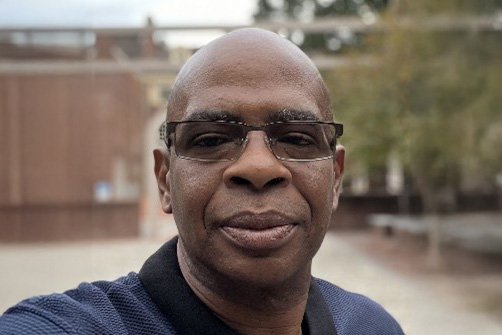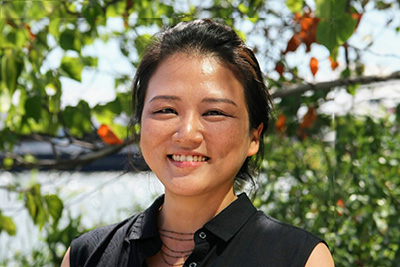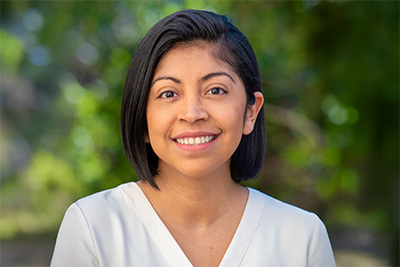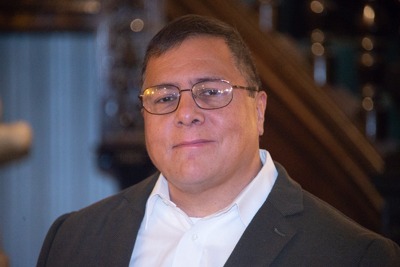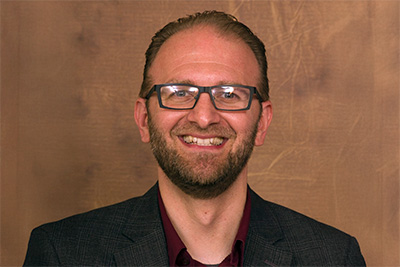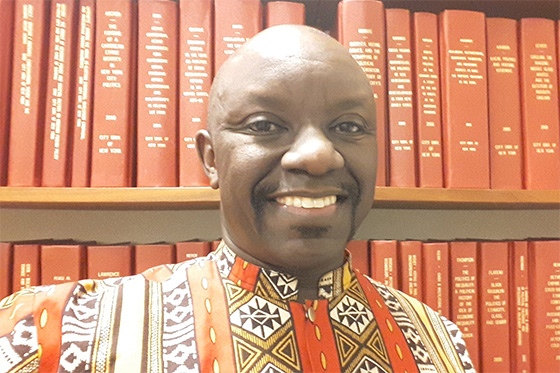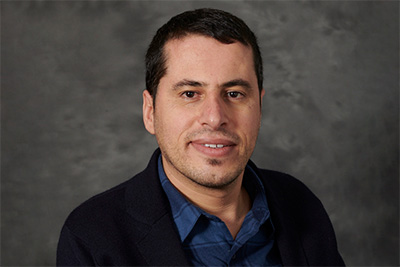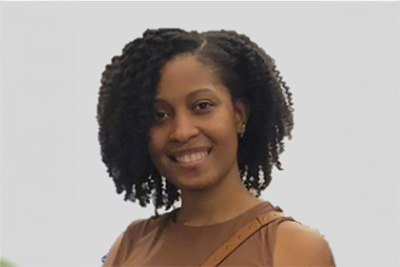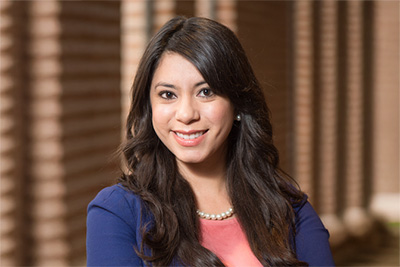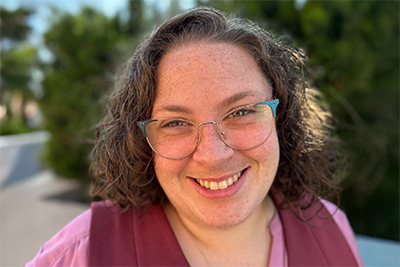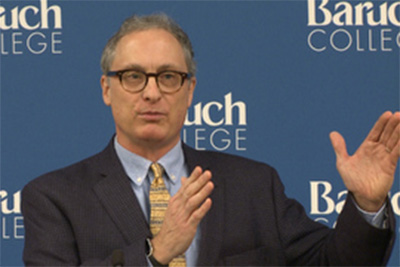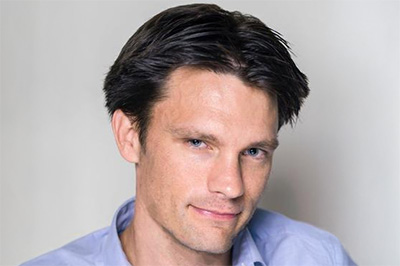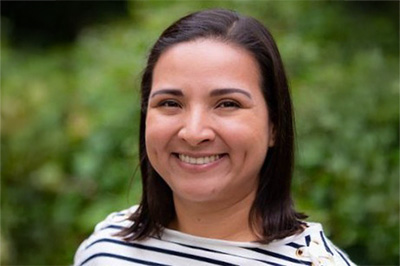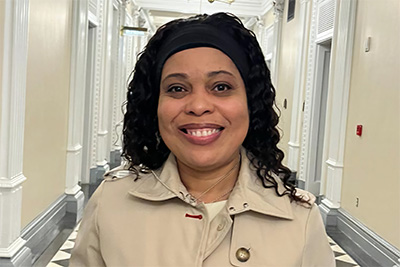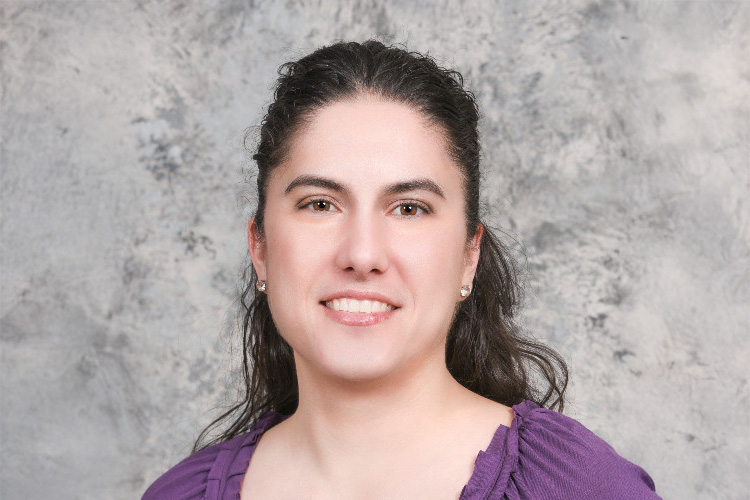Natasha Lay is a relationship-driven leader and expert in community-based change, known for convening cross-sector partners to turn complex social challenges into inclusive, actionable strategies. Grounded in a deep commitment to social justice, she believes in the transformative power of small, passionate groups working collectively to create lasting impact.
Lay currently serves as executive director of the Bow Valley Immigration Partnership (BVIP) in the Canadian Rocky Mountains, a community-led initiative operating at the intersection of research, community planning and action, and policy, to advance immigrant inclusion and social cohesion in the rural region of the Bow Valley, Alberta. With over a decade of experience in nonprofit leadership, community engagement, and intercultural practice, she has led the design and scale-up of multiple place-based inclusion strategies that are both evidence-informed and community-driven.
Under her leadership, BVIP’s flagship Workplace Inclusion Charter has more than doubled its reach. In 2024, the program engaged 70 local workplaces across sectors including municipalities, tourism, and construction, who collectively implemented over 830 inclusion actions, positively impacting nearly 6,000 employees. The Charter offers a tailored framework for measuring, incentivizing, and sustaining inclusive practices and serves as a replicable model for embedding equity goals into regional workforce development systems.
Lay’s expertise lies in translating complex social challenges into actionable strategies, particularly in small or rural and resource-constrained settings. Her work is rooted in applied research, participatory engagement, and a commitment to inclusion and equity. She led BVIP’s multi-year Integration Assessment, a mixed-methods study combining survey data and lived experience narratives to identify systemic barriers and inform regional planning. A key outcome of this research is the cross-sector, community-wide 2025-2029 Bow Valley Immigrant Inclusion Strategy.
Through initiatives like Community Week, Natasha has mobilized over 40 local organizations to co-design events and public education campaigns that celebrate diversity, build social capital, and reduce newcomer isolation. Her strategic approach to engagement has led to sustained partnerships with ethnocultural communities, municipal governments, business associations, national agencies such as Parks Canada, and more.
Natasha Lay has led initiatives across the non-profit, government, and community sectors in Australia and Canada. Her previous roles include leading a refugee microfinance mentorship program, coordinating youth engagement for Oxfam Australia, advancing policy advocacy with Youth Action (a statewide peak body for youth affairs), and facilitating economic development initiatives with Liverpool City Council in Sydney. She brings a strong track record of impact, including increasing event participation by 566%, growing volunteer engagement by over 2,700%, and securing significant sponsorships and in-kind support.
She holds a bachelor of arts in Communication (Social Inquiry) from the University of Technology Sydney and is a graduate of the Centre for Sustainability Leadership’s Fellowship program. Her work has been nationally recognized with awards including the Green Gown Individual Award of Excellence (2013) and Young Woman of the West by Western Sydney University (2016).
Born and raised in Sydney, Australia, with Chinese Hakka roots and a family history of migration from Timor-Leste, Natasha brings a deeply personal understanding of diasporic belonging and transnational identity. Now based in Banff, Alberta, she continues to explore how rural communities can serve as innovative sites for immigrant integration, inclusive community-building, and systems-level transformation.
At the 2025 Conference on Immigrant Integration, Natasha will share grounded insights into operationalizing social inclusion through employer engagement, evidence-based regional planning, and cross-sector governance. Her presentation will explore replicable strategies for scaling localized solutions to national challenges in immigrant integration.

